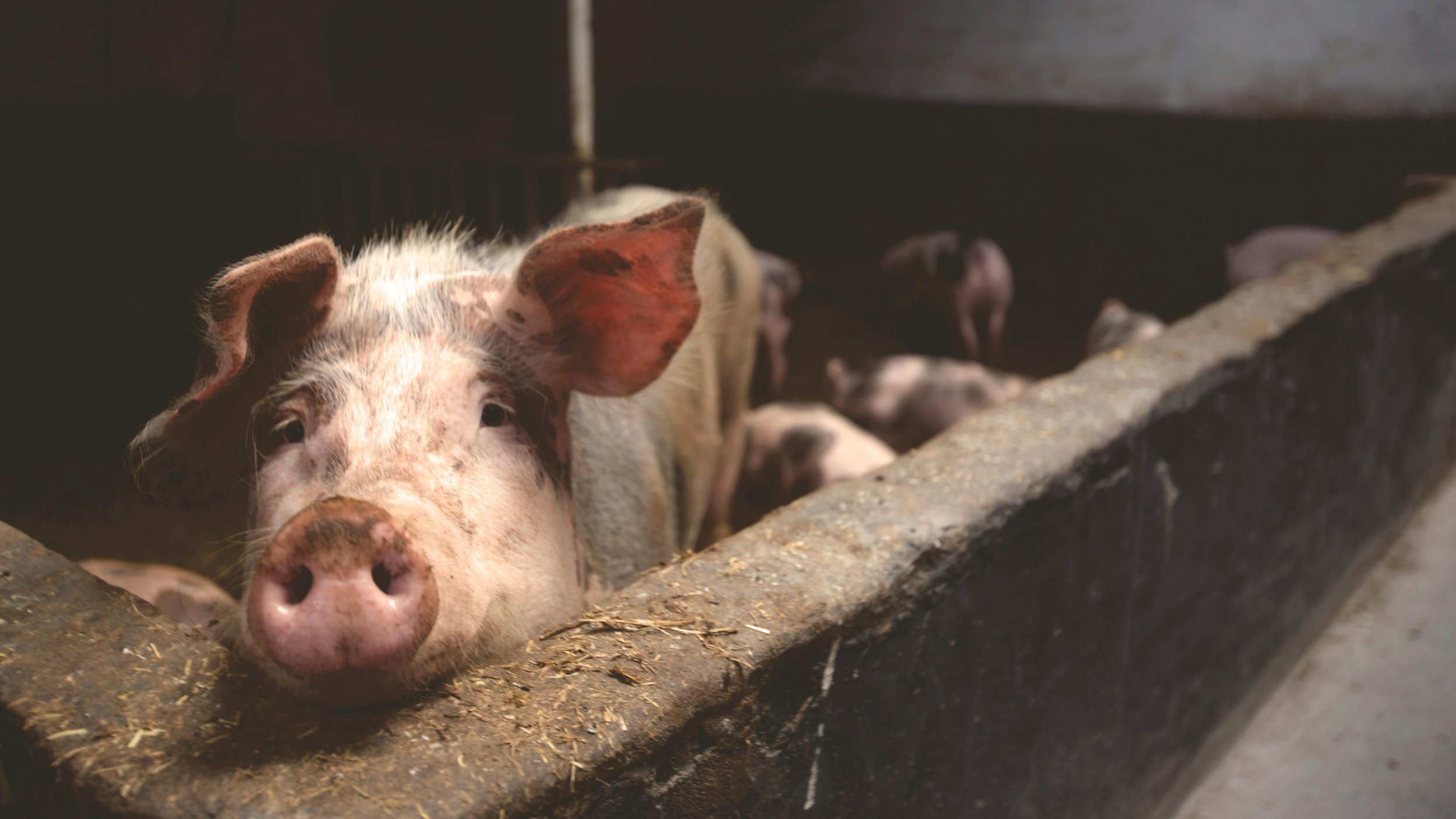
We empower voters to win change for animals
How you can help animals
MPs care what their local constituents think. Research shows that direct contact with citizens is the most important way politicians learn about public opinion, ranking even higher than public opinion polling and traditional media.
However, animals cannot advocate for themselves. It is crucial that the many people who care about animal protection actively engage with their MPs and politics, to make sure the Government understands the widespread support for laws to improve the lives of farmed animals.
We want to empower you to do this. We provide training, resources and 1-to-1 support to allow you to effectively engage with your MP, making sure animals’ interests are represented in politics.
End the Cage Age: Support farmers to transition away from cages
Every year, millions of farmed animals such as pigs and hens are cruelly confined to cages for all or part of their lives.
We call on an end to this inhumane practice by banning all cages for farmed animals.
The ask: A fixed phase out period for the use of cages such as farrowing crates and enriched cages, with transitional support for farmers.
Our Political Asks
A ban on the import of low welfare animal products
The UK has taken some steps to improve the conditions for certain farmed animals through prohibitions on practices like fur farming, foie gras, barren battery cages and sow stalls for pigs. However, a substantial proportion of animal products sold in the UK are imported from countries with lower welfare standards, leaving serious welfare gaps.
The ask: A ban on the import of low welfare products with standards lower than the UK.
Better welfare standard for farmed fish
Farmed fish, such as salmon and trout , currently lack specific legal protections regarding their welfare and treatment during slaughter in the UK.
The ask: To address this gap and ensure better welfare, we call for the introduction of legal minimum welfare and slaughter requirements for these animals.
